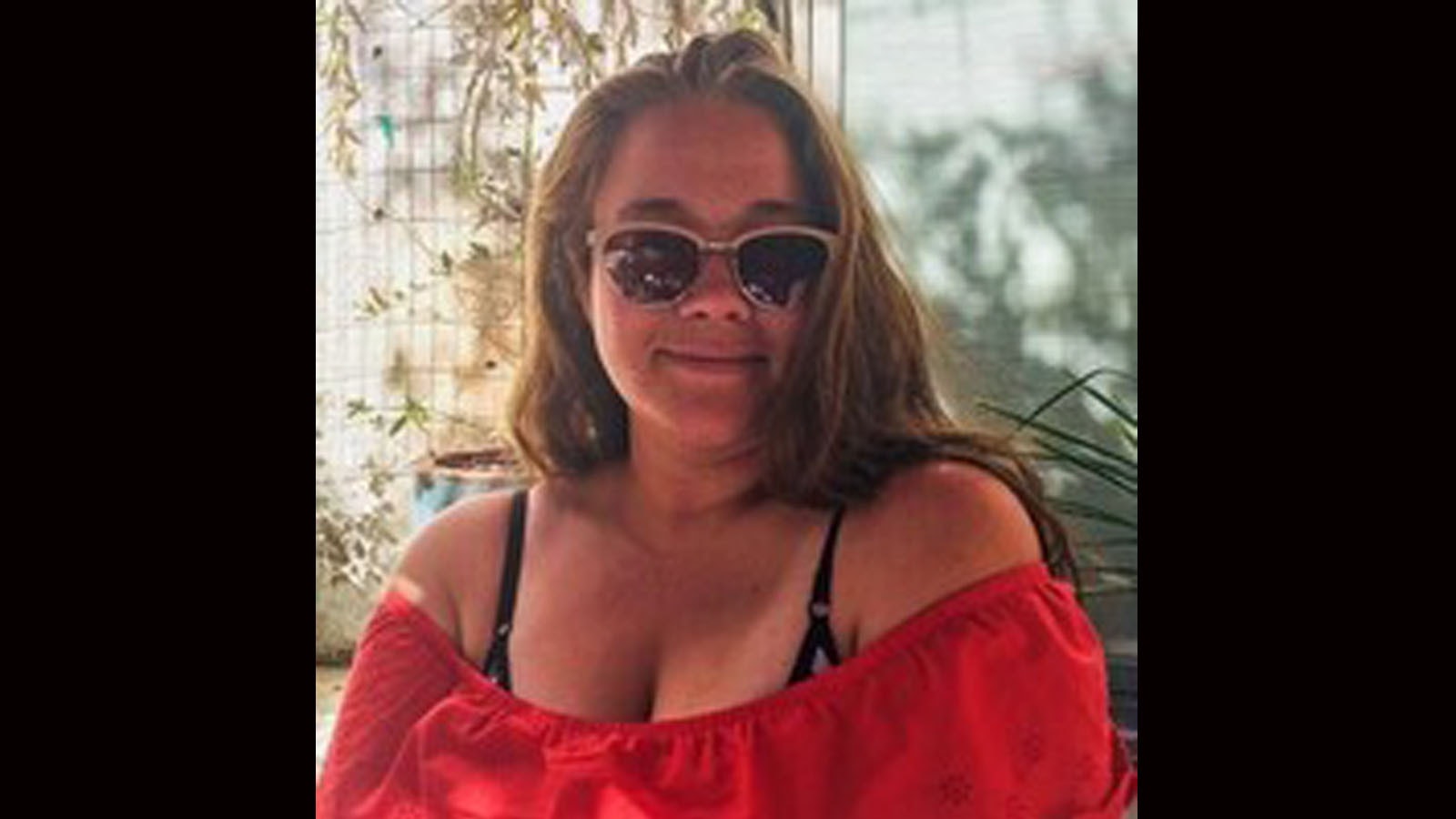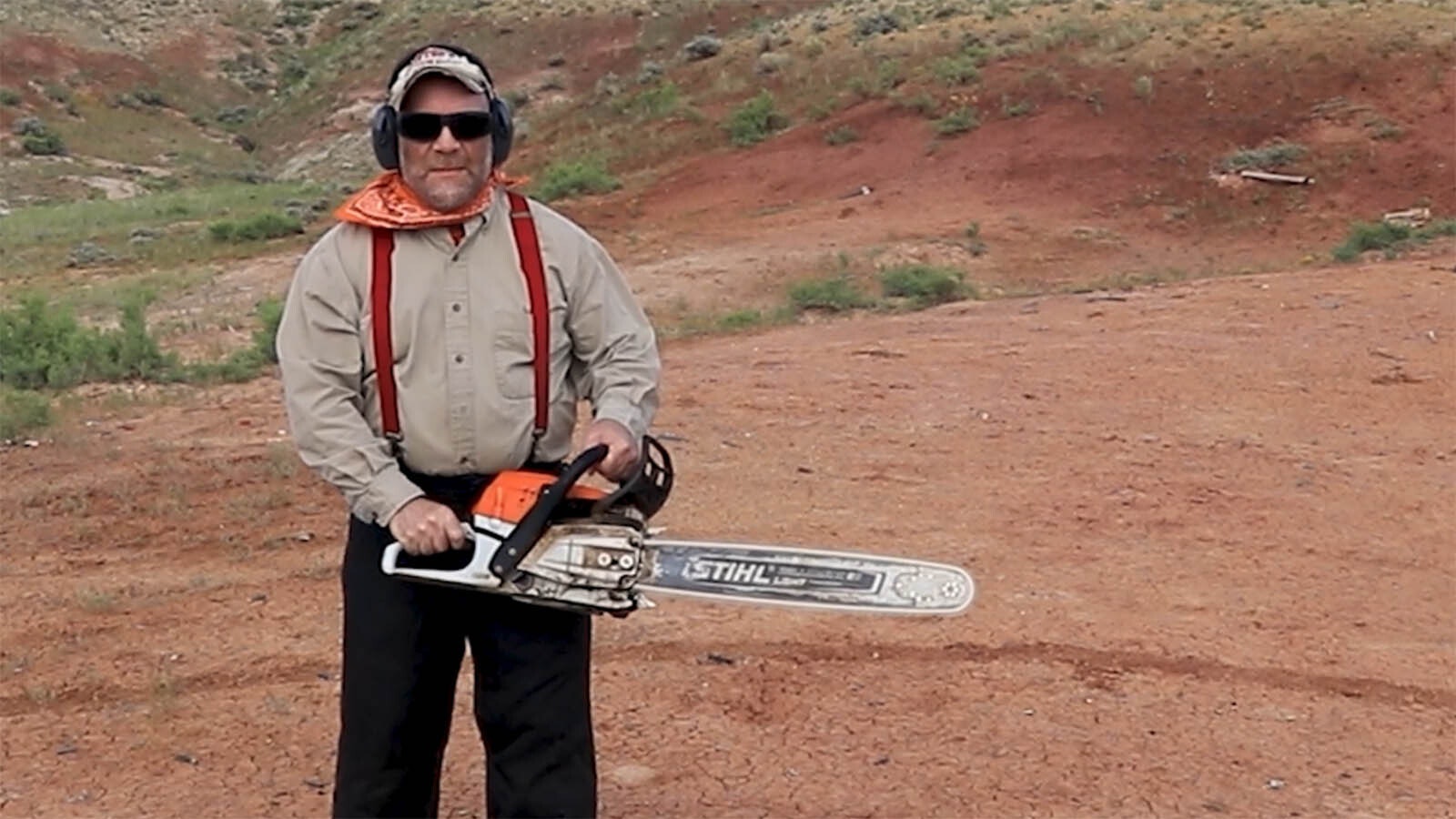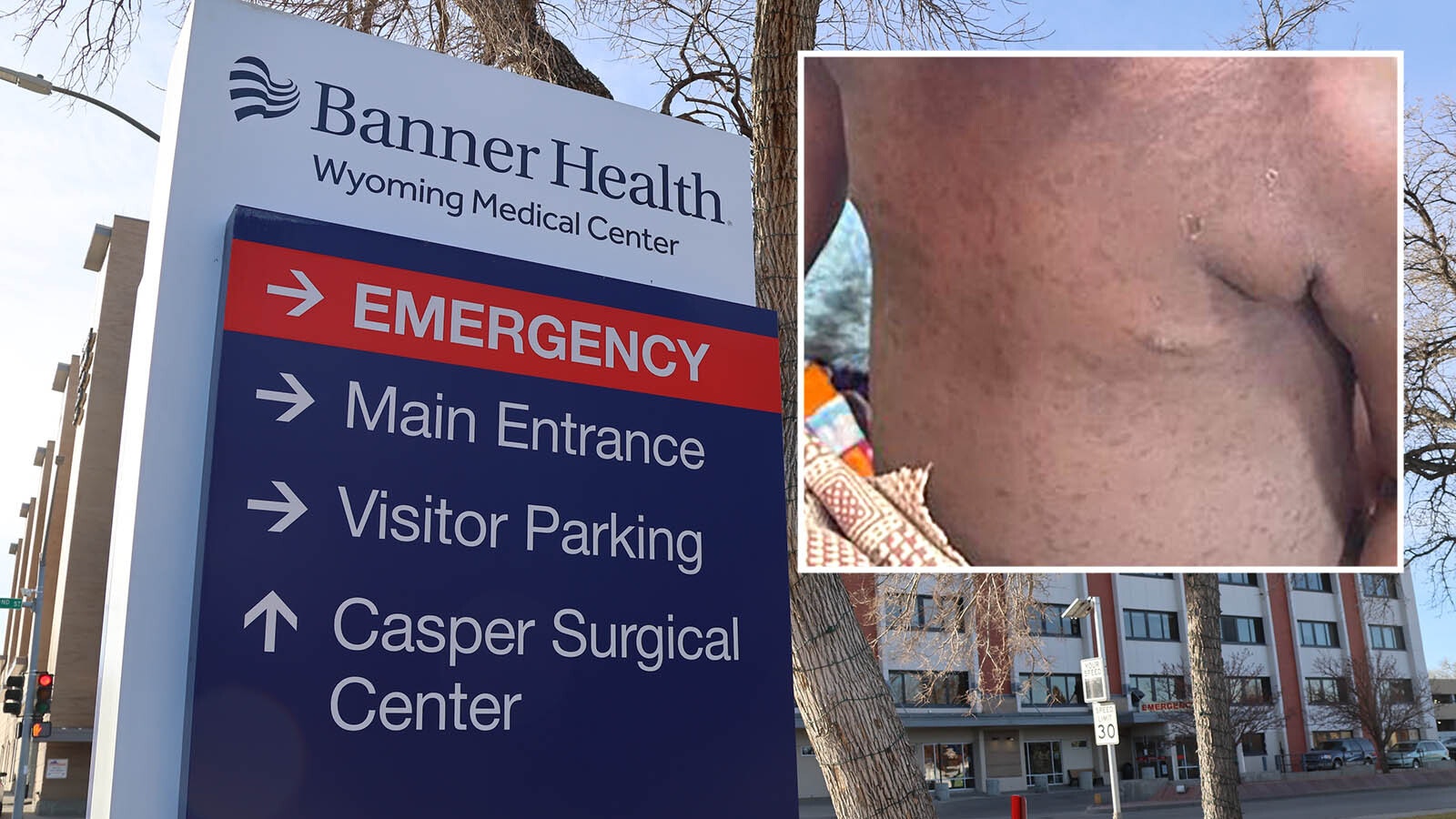The story dominated headlines in early January. A homeless woman found dead in Cody.
The woman, Texas resident Rachel Leigh Sirman, had been 29 years old. No foul play is suspected by local law enforcement
But that conclusion does little to bring solace to Rachel’s mother, Connie Malo.
Connie spoke with Cowboy State Daily recently, shortly after her family returned from Wyoming, where they held a memorial service for Rachel in Cody.
Of all the places to hold a funeral, Connie said that Wyoming might be the best given the friendliness of its people, from the funeral director down to those who just turned out to pay their respects.
Many noted to Connie that after reading Rachel’s obituary, they’d had no idea she was so accomplished. They had just known the free spirited homeless woman who lived at a campsite near Sulphur Creek.
The campsite was where Rachel was ultimately found, curled up in a sleeping bag with her tent and campsite intact around her. It’s not clear what happened or how she died other than it appears to be of natural causes.
“We may not ever know,” Connie said.
Who was this woman?
In some ways, Rachel was an engima even to her family.
For starters, she was intensely private, her mother told Cowboy State Daily, particularly on matters relating to her mental illness and health. For years, her family and medical team had towed a fine line in granting Rachel independence while looking out for her safety and health. As other parents of mentally ill adults have no doubt have experienced, Connie said, it’s often a dance between wanting them to live their lives to the fullest while keeping them safe.
In mid-December, after Connie and her family had been privately investigating her for months, Connie reported her daughter missing. It’s not clear what happened or how she died other than it appears to be of natural causes.
Over the years, Connie had reported her missing four other times. It was always a hard call on her part because Rachel was an adult and had a tendency to go off the radar for short periods of time. Always in the past she’d emerged – sometimes with a hello call or text to Connie in the middle of the night – and was always surprised to hear her family was worried and annoyed to learn she had been reported missing.
Up until now, there had been nothing to worry about.
Her daughter was always capable, very private and fiercely independent.
“Mental illness has a way of robbing someone of so many things, and it’s easy for people to forget who they really were before the struggle,” Connie said.
World traveler
From an early age, Rachel was exceptionally smart and precocious, her mother said. At age 8, Rachel struggled to understand why her mom wouldn’t let her travel the world and go to college. Her dad Sam had traveled internationally for work, and it left an impression on the young girl.
Rachel ultimately got her wish after being accepted at age 16 into the Texas Academy of Leadership in the Humanities at Lamar University in Beaumont, Texas. A local news article depicted her as a young scholar.
Earlier, at age 15, Rachel had spent a year in Brazil as a Rotary Club exchange student. Connie laughed when she recalled that her daughter rang in her 16th birthday with a trip down the Amazon. Later, Rachel made two solo trips back to Brazil to visit friends at ages 17 and 19, respectively.
Her dream, Rachel told her mom, was to travel the world. She was intelligent, Connie said, and did a good job of taking care of herself even from a young age.
Connie recalled a trip home from Washington, D.C. where Rachel had been attending leadership conference. Hurricane Rita had just pummeled the Southern states just as Rachel was due to fly home. While her family worried, Rachel navigated two flights and several layovers home on her own, nonplussed that anyone thought she might have been in danger.
She also had a knack for learning languages and went on to study linguistics in her home state at the University of Mississippi, where she was also in a sorority and excelled academically and socially.
No cure
Her mental health issues hit later when she was in college. She left school before graduating and came home to treat her illness, which went on for the next five years.
Connie wasn’t clear on Rachel’s official diagnosis because it varied from doctor to doctor and Rachel didn’t like to talk about it. Nor did she want it to define her life.
Furthermore, none of the treatments Rachel sought seemed to work. Either the pills doctors prescribed made her daughter feel lifeless – not to mention she preferred natural alternatives – and treatment was prohibitively expensive. At one point, Rachel found a holistic treatment center she really liked but the family’s insurance wouldn’t cover the cost and the family could not afford the monthly fee of $10,000 to $40,000.
Unlike other people struggling with mental illness, Rachel had access to many different programs, Connie said, but often exercised her right to refuse treatment because nothing seemed to work.
Between 2015 and 2018, Rachel was on disability until she received clearance from her doctor to get a job. Connie, who works in the tourist industry, suggested her daughter get a job at a resort, which seemed like a good option because most included housing. Rachel went on to work at resorts in Texas, and most recently, Wyoming, where her grandparents had lived when she was a girl.
In between gigs, Rachel often took bus trips to explore the country and at times was homeless. Her family worried about her, but again, wanted to respect her freedom. From time to time, she also went off radar and didn’t contact friends or family. More often than not, she had just been living her life without realizing anyone was worried.
There is always that gray area of whether she was missing or whether she was gone. Sometimes she was hiding in plain sight. Rachel hated being reported missing when she didn’t consider herself lost.
“It was a dance between protecting her and letting her live her own life,” Connie said. “This meant letting her make her own choices and letting her have her independence, which as a parent, was a hard thing to do.”
Because Rachel was also vehemently private about all aspects of her life, her family is not sure to what extent her mental illness factored into her life choices and decisions. Nor do they truly understand if Rachel actually had a mental illness or was just a free thinker who chose a different way of life.
After all, her daughter was incredibly spiritual, Connie said, and frequently told her mother that she felt called to live among the homeless, once writing that “if you call my spiritual work homelessness, then that is an honorable position.”
In some cultures, her daughter’s stance would be considered normal, Connie noted.
Rethinking mental illness
If anything positive is to come out of her daughter’s death, Connie hopes it will be a conversation about how Western medicine treats mental illness in general. It’s not a one-size-fits-all approach, Connie said.
“Let’s start with what we don’t know,” she said, noting the number of adults with mental disabilities who like Rachel often go missing.
Connie sympathizes with other parents as well as law enforcement agencies with overstretched resources who are often charged with finding these adults and medical providers who try to care for their patients to no avail.
“We need to figure out how to treat that particular individual,” she said. “Rachel tried the drugs and the side effects weren’t good for her body. They didn’t work, and there were seemingly no other options but medication.”
For Connie and other parents of adults with mental illness, there is a fine line to walk between locking someone up against their will and letting them live their own lives according to their terms. She believed her daughter went off the grid when she was struggling to make sense of her life. Because she largely kept her feelings to herself, they relied on what she told them.
“She said she was doing just fine,” Connie said, noting her conversations with Rachel up to her disappearance and death had been positive. “I allowed her to come to me to tell me how she was doing. We just kind of met her where she was.”
Remembering Rachel
In the wake of Rachel’s death, Connie and family are left piecing together events in her short life while remembering the joy she brought to them and so many other people. Likely, her life will remain a mystery which they accept.
The family is content to celebrate her spirit, including her intense generosity and kindness to those less fortunate then her.
Connie recalled receiving a call from Rachel while on a bus trip from Texas to Wyoming. On a stopover in Colorado, Rachel called her mom to ask for snack money because she’d given hers away to a Latina mother with several young children. Rachel was able to converse with the mother in Spanish, and in doing so, decided she needed the snack money more than Rachel did.
“That’s just how she was,” Connie said. “Always thinking of others.”
Rachel also died doing what she loved, traveling and living on her own terms, Connie said. There’s some solace in knowing she seemed content when they last had contact with her.
“She was stubborn and independent,” Connie said, “but she lived life on her own terms and we respected that.”














